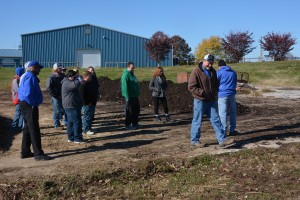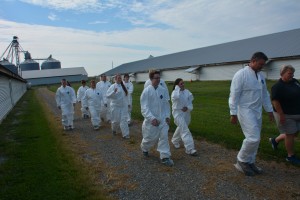The Trans-Pacific Partnership (TPP), we have all heard so much about it in this election cycle, but most people don’t know what it truly entails. It is an agreement among 12 nations that have an attachment to the Pacific Ocean, however, this does not include the major export hub of China. Nothing is official yet with this agreement yet people are ardently in either support for or against it.
There is an awful lot to talk about what is in this agreement and in my humble opinion I do not have much knowledge of multinational trade deals so I will try and interpret what I can and give some of my opinions. From a human rights standpoint, this agreement would be good since it outlaws child labor. It also offers minimum wages, benefits, and worker safety programs. I think those are great things and I can’t believe that child labor is still allowed in countries. However, I have also discovered something that the critics of it have also pointed out: if a country decides to try and change policy to help favor their our nation it could give the major corporations the right to sue them. I am afraid that this might give big businesses too much power.
I think that the TPP has its flaws, but also has some pretty good benefits as well. With our near-future U.S. administration being anti-TPP as a platform I have serious doubts about the TPP actually happening, but I have faith that an agreement could be made in the future that will carry some of the positives from the agreement in the future. I recommend trying to learn as much as you, the reader, can about it and making your own well-informed decision.




